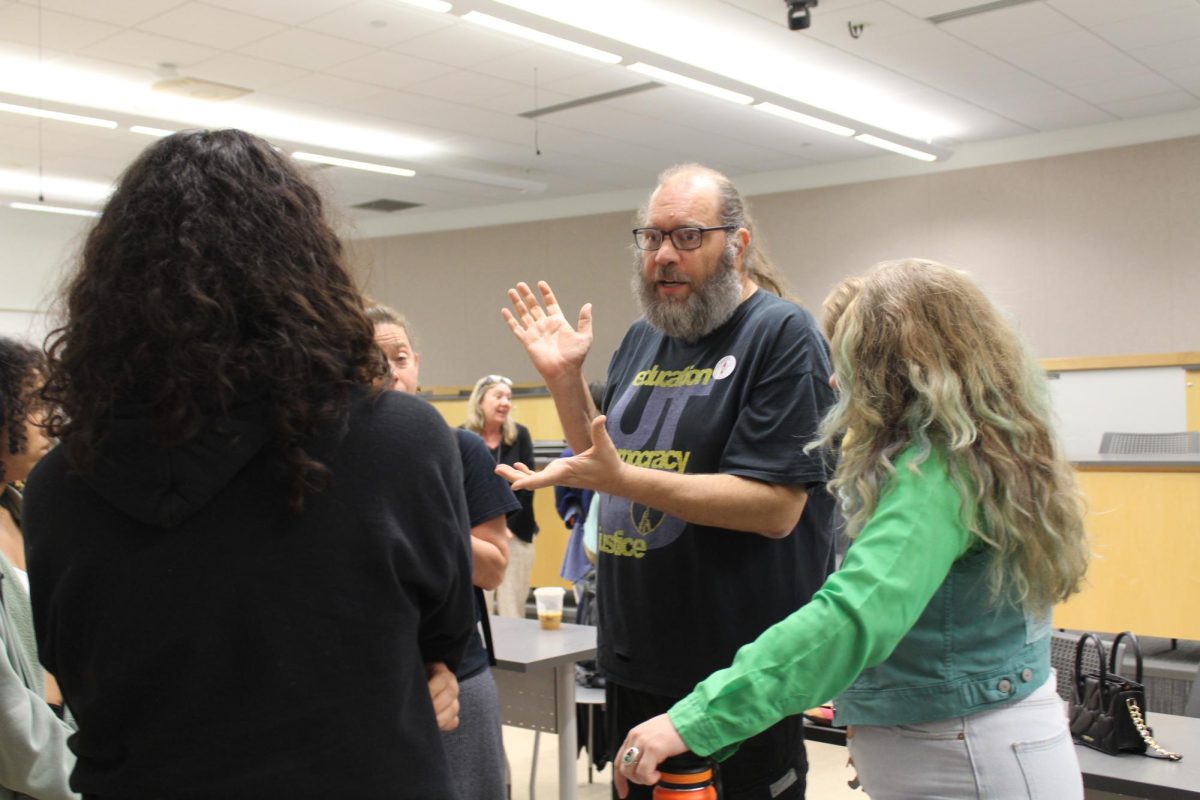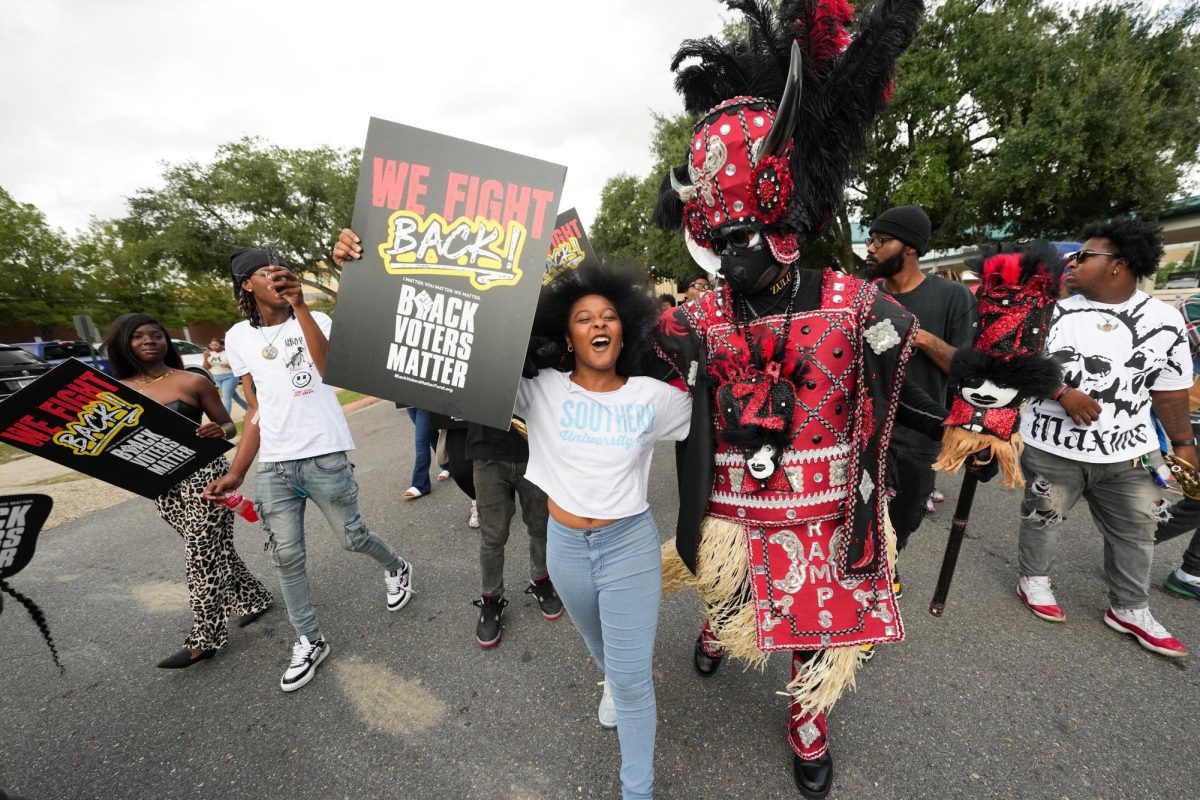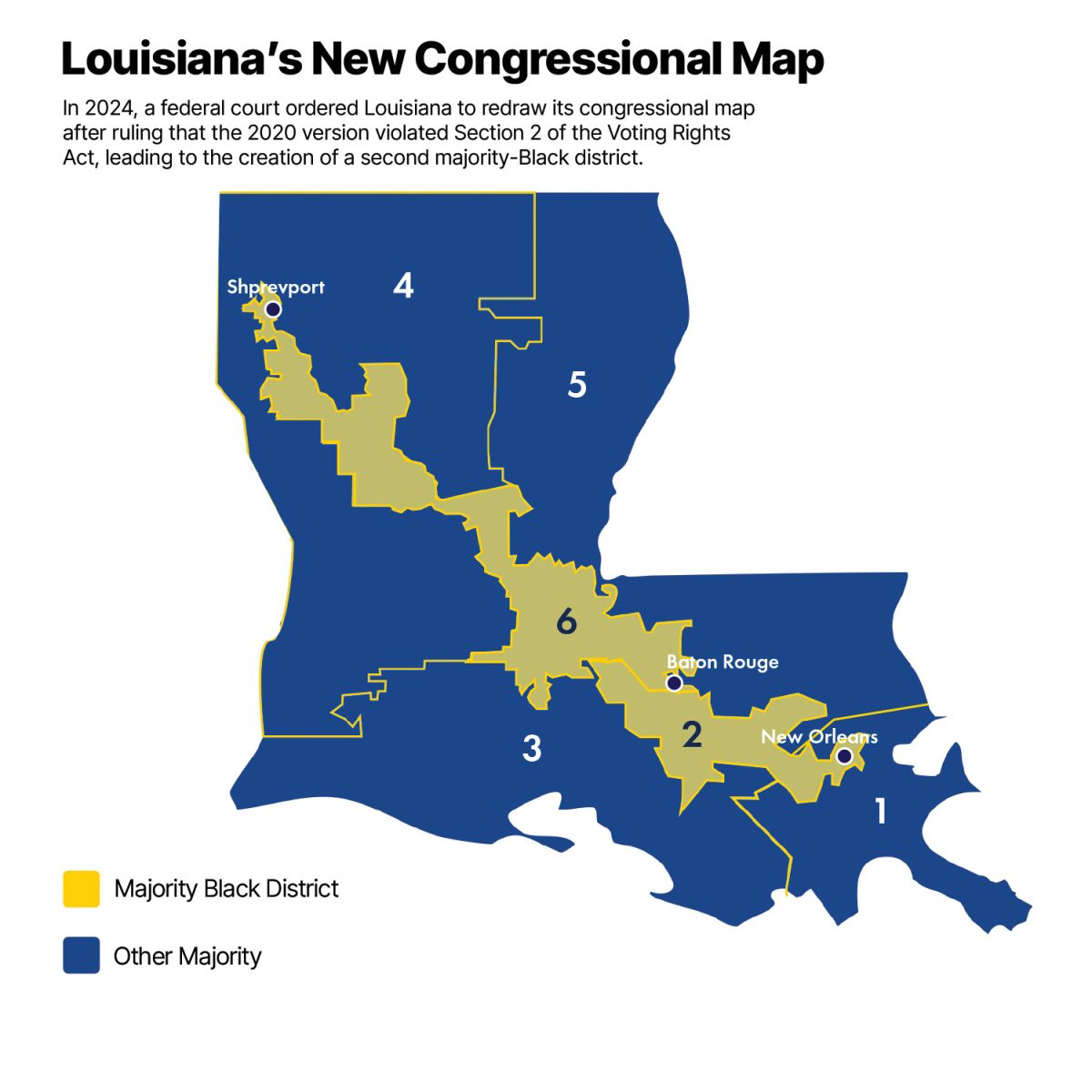The department of sociology will host its second annual Labor Spring event, which aims to give attendees a general introduction to the foundations and objectives of labor unions.
The national event was founded in 2009 by the Kalmanovitz Initiative for Labor and the Working Poor at Georgetown University.
Cody Melcher, professor of sociology, said “Georgetown reached out to me personally and asked if I wanted to do this for New Orleans.”
Loyola’s Labor Spring event is sponsored by the university and several other organizations, including the University of New Orleans Justice Studies and the Jesuit Social Research Institute.
Melcher arranged the first Labor Spring at Loyola in 2023 and is now continuing to organize and manage the Labor Spring for 2024.
At last year’s event, Melcher explained how misconceptions and lack of information about labor unions are common in the south.
“I think one of the other major misconceptions in the south is that labor unions are illegal somehow – very much so not true,” he said.
The goal of the Labor Spring was and is to address these issues, inform the public, and raise awareness.
There will be a number of representatives present from local labor unions who will share both their struggles and their goals and discuss how Loyola students and faculty can support them. Additionally, the achievements of unions that have taken place within the year will be acknowledged and celebrated.
Sahara Jama, sociology senior and Melcher’s research assistant, has helped to promote the event across campus and arrange for certain guest speakers from unions to attend.
“What most people know about it is either not true…or they just don’t know anything at all,” she said.
Jama said the event is mainly for students to hear from actual union members in many different work fields to learn about what it’s like to be in a union.
After having learned about labor unions from Melcher, Jama said it’s completely changed her perspective and the way she interacts within her own jobs.
“[The Labor Spring] is really important to me, and also, it’s kind of like a symbol of a change in culture around unions and getting back power as a worker and not just being like a tool to the capitalist society,” Jama said. “It’s kind of empowering to know that you have power in your workplace, even if you don’t realize it.”
Eloise Pickering contributed to this report.
















